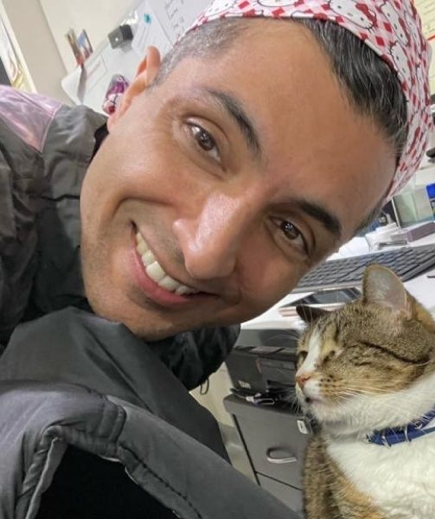Brachycephalic Airway Obstruction Syndrome (BAOS): A Short Guide for Pet Owners
Flat faced pets struggling to breathe? Learn BOAS signs, home care, and when surgery helps, so your mate stays cooler, safer, and happier. Year round.
Last updated:
06 Nov 2025

What it is: BOAS is a breathing disorder seen in flat-faced pets. Shortened skulls leave less room for soft tissues in the nose and throat, which narrows the airway. It is common in French Bulldogs, English Bulldogs, Pugs, Boston Terriers, Pekinese, Shih Tzus, and flat-faced cats such as Persians, Himalayans, and Exotic Shorthairs.
Why it matters: Noisy breathing is not “normal for the breed.” BOAS can limit exercise, disturb sleep, trigger overheating, and in severe cases cause collapse. Signs often worsen with heat, excitement, or age.
Key signs to watch
- Loud snoring or snorting while awake.
- Open-mouth breathing at rest, belly effort, or tugging at the throat when inhaling.
- Exercise intolerance, stopping on walks, or lagging behind.
- Gagging, retching after exercise or meals, or repeated “reverse sneezes.”
- Heat intolerance, fast panting that does not settle, or restlessness in warm weather.
- Blue or pale gums, fainting, or collapse. This is an emergency.
What your vet will check
Your vet will review history, examine the nostrils and breathing sounds, and may recommend imaging. A brief sedated or anaesthetised airway exam allows direct assessment of an elongated soft palate, everted laryngeal saccules, or a narrowed windpipe. Early diagnosis helps prevent secondary damage.
Treatment at a glance
Conservative care (mild cases):
Keep body weight lean. Use a harness, not a neck collar. Avoid heat and strenuous exercise, especially on humid days. Manage stress and excitement. Your vet may use short courses of anti-inflammatories or anti-reflux medicines during flare-ups.
Surgery (moderate to severe cases):
Procedures can widen the nostrils, shorten an elongated soft palate, and remove everted saccules in one anaesthetic. Many dogs breathe quieter, tolerate activity better, and sleep more comfortably afterwards. A congenitally narrow trachea cannot be widened, so some precautions still apply after surgery.
Home care and prevention
- Walk during cooler hours, offer shade and water, and use air conditioning in warm weather.
- Stop activity at the first sign of heavy or noisy breathing that does not settle quickly.
- Feed measured portions and monitor body condition; even small weight loss can help.
- For future pets, choose breeders who prioritise wider nostrils, a longer muzzle, and who screen for BOAS.
When to seek help
Book a routine vet visit if your pet snores while awake, struggles on walks, or overheats easily. Seek urgent care now if you see blue gums or tongue, collapse, or severe distress that does not improve with rest and cooling.


.svg)
